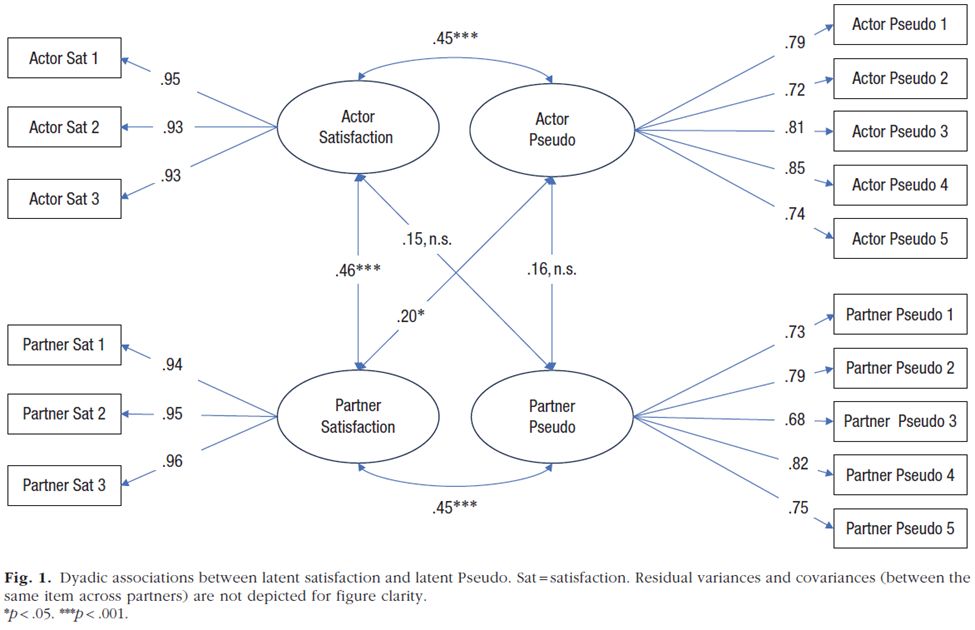




www.uwo.ca/research/can...

www.uwo.ca/research/can...



Here's a nice guide for performing open systematic reviews doi.org/10.1525/coll...

Here's a nice guide for performing open systematic reviews doi.org/10.1525/coll...
What do you see as the biggest challenge for social and personality psychology in the immediate future? What should we as a field be doing better than we are now?
What do you see as the biggest challenge for social and personality psychology in the immediate future? What should we as a field be doing better than we are now?
Thankfully, she and many other women testified against him and something was finally done. This is her take on his case:

Thankfully, she and many other women testified against him and something was finally done. This is her take on his case:
With current technology, it is impossible to tell whether survey respondents are real or bots. Among other things, makes it easy for bad actors to manipulate outcomes. No good news here for the future of online-based survey research


see website for details www.pbandjlab.com
see website for details www.pbandjlab.com
But you're telling me that's PER MONTH??
My current premium is $480. It will be almost $900 next year.
Thanks, Trump voters.
But you're telling me that's PER MONTH??

www.nature.com/articles/s44...

www.nature.com/articles/s44...
www.404media.co/wikipedia-sa...

www.404media.co/wikipedia-sa...
stats.andrewheiss.com/hack-your-way
stats.andrewheiss.com/hack-your-way


link.springer.com/article/10.3...

link.springer.com/article/10.3...
A nonsense likert scale ‘predicts’ later relationship satisfaction.
We are getting results using methods when we are measuring nothing.
From @datingdecisions.bsky.social
journals.sagepub.com/doi/pdf/10.1...
#psych #stats



A nonsense likert scale ‘predicts’ later relationship satisfaction.
We are getting results using methods when we are measuring nothing.
From @datingdecisions.bsky.social
journals.sagepub.com/doi/pdf/10.1...
#psych #stats
Our new @nature.com paper shows that neural activity switches from an 'evidence gathering' to a 'commitment' state at a precise moment we call nTc.
After nTc, new evidence is ignored, revealing a neural marker for the instant when the mind is made up.
rdcu.be/eGUrv

Our new @nature.com paper shows that neural activity switches from an 'evidence gathering' to a 'commitment' state at a precise moment we call nTc.
After nTc, new evidence is ignored, revealing a neural marker for the instant when the mind is made up.
rdcu.be/eGUrv


